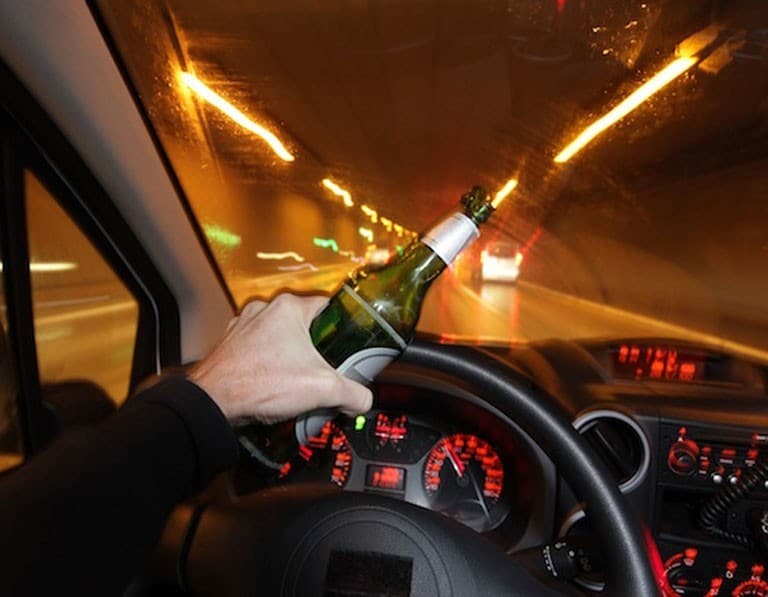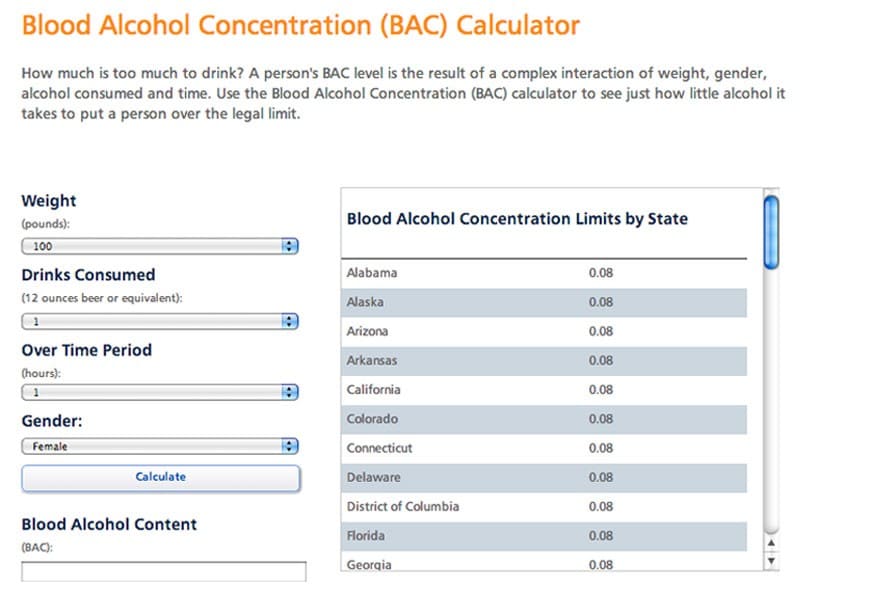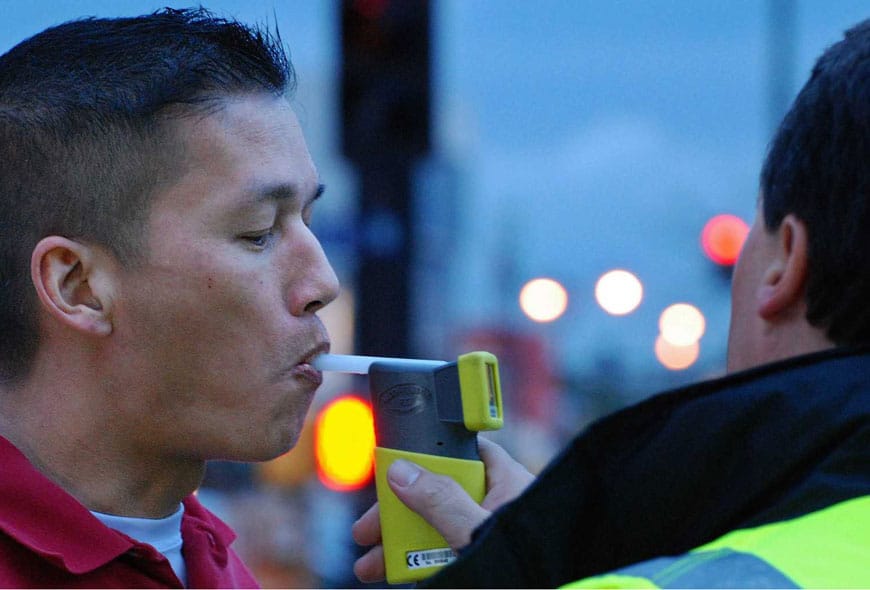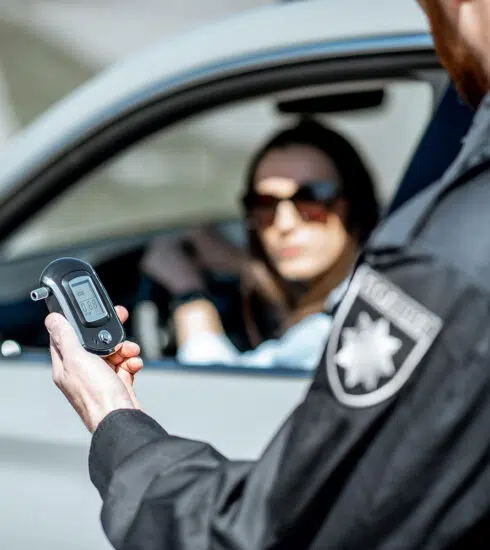Drunk Driving: The Ugly Truth
Drunk driving is an act that transcends all generations and stereotypes. This is because it is a crime committed out of stupidity, rather than greed, ideology, or malice. It is a combination of two different activities that are both loved and practiced by the majority of adults in the United States. But unlike chocolate and peanut butter, when drinking and driving combine, the results are less than delicious.
It is estimated that 1 in 3 Americans will be involved in an alcohol related crash in their lifetime, and one person dies as a result every 50 minutes. Neither of these things are on anyone’s wish list, but still thousands of drivers drive drunk every day. MADD (Mothers Against Drunk Driving) estimates that the average drunk driver has driven under the influence at least 80 times, indicating that some drive drunk habitually and willingly. Most, however, do so because they aren’t aware of or underestimate their level of intoxication.
How Much Alcohol Can You Drink?
To make sure you don’t make the same mistake, you can consult this chart. It may surprise you to learn when you may be over or under the limit.
Whether you drove drunk accidentally or knowingly, its all the same when you are pulled over with those flashing lights behind you.
When You Are Suspected Of Drunk Driving
So when you pull over and you know you’ve been drinking, and the officer approaches your car…what do you do?
Well the majority of the decisions have already been made at this point, but there are several things that you can know or do to help your nightmare go a little less horribly.
1. Remember that your basic legal rights do not go away if you are in a car. You do not have to answer any direct questions that you don’t want. If an officer asks you “Have you been drinking tonight?”, it is best to not deflect the question or inquire as to why they are asking. An appropriate reaction would be something like “Do you have a reason to believe I have been?” If you are in a situation where you do not think you have had enough to be charged, or have simply had so much that it is obvious, honesty works too. Although it probably won’t hurt you criminally down the line, lying is not a good policy, as it can give a bad first impression to your arresting officer.
2. It is best to move straight to the breathalyzer – Although it may seem like a BAC, or Blood Alcohol Content test is the quickest way to put yourself in jail, you will inevitably have to take one if the officer has any sort of suspicion. When every driver accepts their driver’s license, they must sign a document claiming they will submit to a BAC test or face charges. So unfortunately, there is no avoiding it. In some states, you can get a ticket for impairment even if your BAC is not above the legal limit. While this is not as serious as a traditional DUI, an officer may only need to see signs of impairment to give you a ticket. These “signs of impairment” can be seen in most roadside sobriety tests. Unless you are particularly good at walking in a straight line or reciting the alphabet backwards, you should avoid these tests and move to a chemical test as to prevent yourself from doing something an “impaired” person might do.
3. A portable breathalyzer test is not the most accurate thing in the world, but it could possibly work out in your advantage. Although data varies, one study showed that 23% of portable BAC tests will give readings that are higher than the actual level as determined by blood tests. These inaccuracies are widely known, so a BAC breath test cannot legally be used as evidence of drunk driving. It is, however, probable cause for police to proceed in the investigation. If you have gotten to the point where you have no choice but to take the test, and you are over the legal limit, you will then be taken to the police station or a hospital for a blood or urine test. Not only are these tests more accurate, they give you more time to sober up on the way to the station. But, if you are caught, and you do not think that the extra 30 minutes to an hour will help, there is no reason to submit to more accurate tests, as the inaccurate breathalyzer test is the easiest to argue against in court.
It is very important to remember your rights before, during, and after a drunk driving arrest. While we don’t often see the cases play out on CSI or on the news, DUI charges are like any criminal charge – You have the right to defend yourself and object to charges in court. If you are in that situation, it is best to consult a dui attorney as early as possible. The most important thing to remember, however, is just like other crimes, the best way to avoid it is simply, don’t do it.










